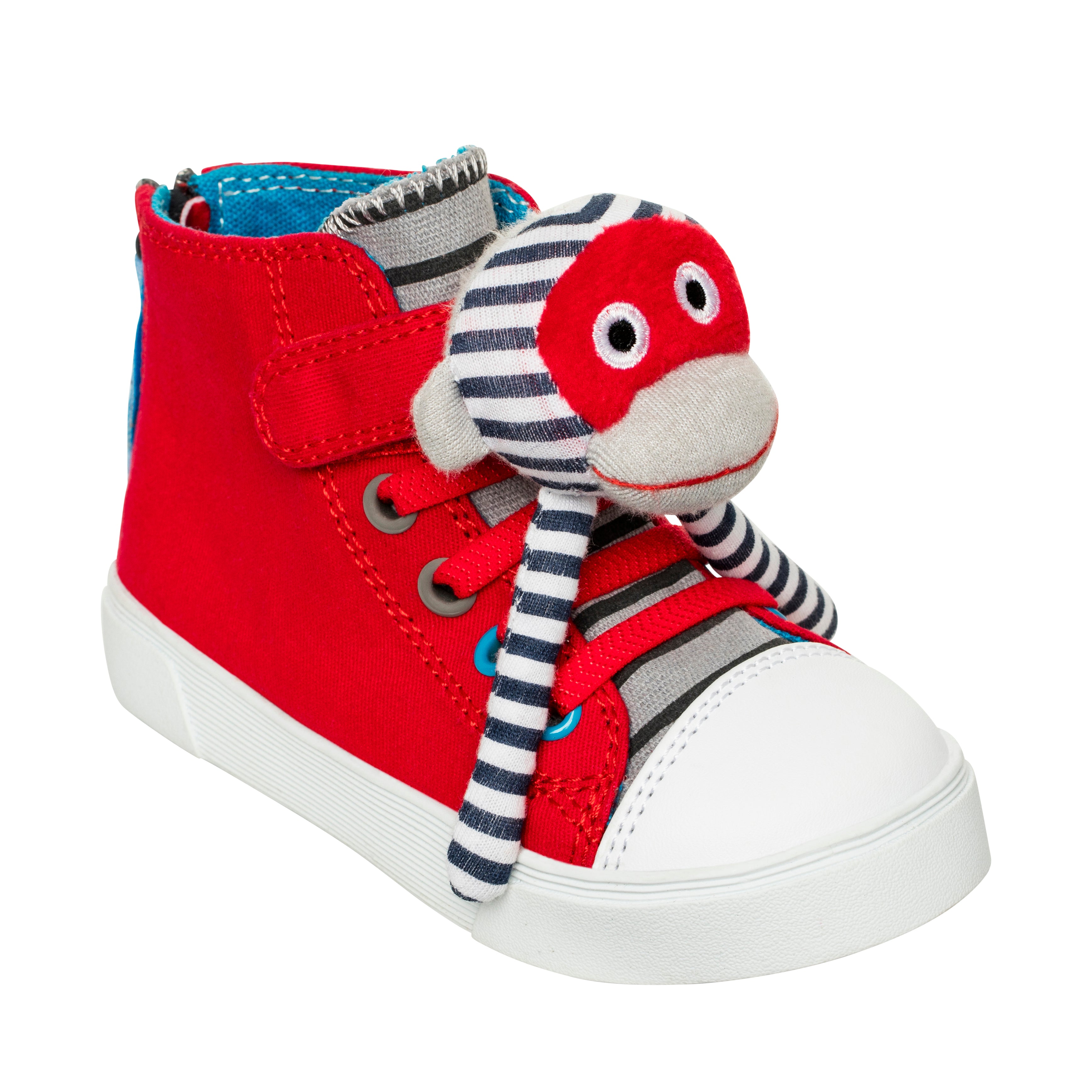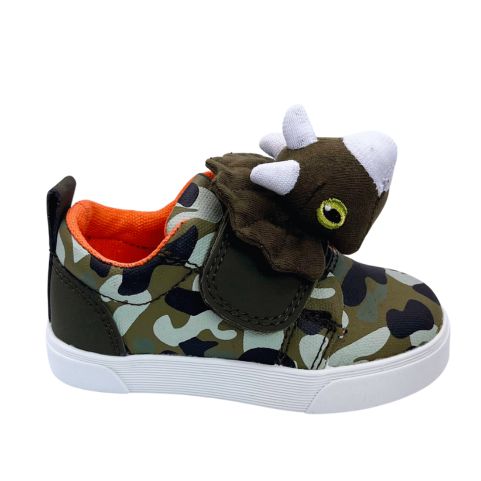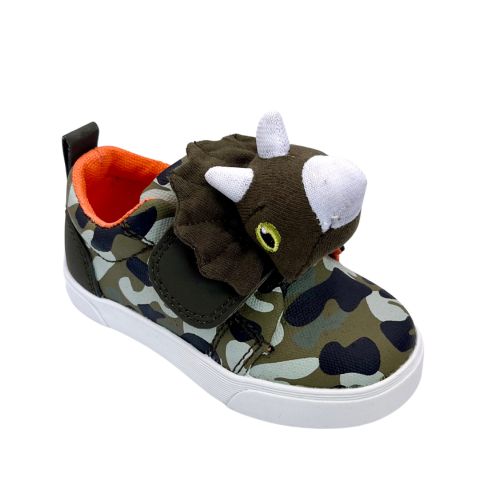Parenting in the digital age often feels like navigating an ever-shifting maze, just when we think we’ve got it figured out, a new challenge emerges. Gone are the days when our biggest concern was ensuring our kids ate their vegetables. Now, we’re facing the complexities of social media and its impact on their mental health. And if you’re like me, you’ve probably noticed a rise in social anxiety among children and wondered just how much that tiny screen in their hands is influencing them.
The Digital Dilemma: Social Media’s Impact on Young Minds
I’ve seen it firsthand, the endless scrolling, the pressure to maintain an idealised online presence, the constant comparison to the seemingly perfect lives of others. Social media promises connection, but often leaves kids feeling more isolated than ever.
Here are some key ways digital life can contribute to social anxiety in children:
The Illusion of Connection
Social media makes it easy to stay in touch, but it can also replace genuine, face-to-face interactions with fleeting digital exchanges. When likes and comments become a substitute for real connection, our kids may feel lonelier than ever. How do we help them recognise the difference?
Fear of Missing Out (FOMO)
Every post, every story, every notification screams, “Look at all the fun you’re missing out on!” This can be especially tough for kids who are already struggling with self-confidence, making them feel left out even when they’re not.
Cyberbullying and Online Drama
The internet’s anonymity can embolden bullies, and social media amplifies schoolyard drama in ways we never had to experience growing up. What once stayed within a small circle can now be broadcast for the world to see, increasing stress and social anxiety.
The Pressure of Perfection
Filters, photo editing, and carefully curated posts create an unattainable standard of beauty and success. Our kids are constantly bombarded with images of perfection, making their everyday, messy reality feel inadequate.
Reduced Face-to-Face Interaction
Social skills are built through practice. If children spend more time online than engaging in real-world interactions, they miss out on learning how to read social cues, manage conflict, and build deep, meaningful relationships.
What Can We Do as Parents?
Navigating this digital world isn’t easy, and there’s no one-size-fits-all solution. But here are a few things I’ve found helpful:
- Open and Honest Conversations – Talk about social media’s realities. Help kids understand that what they see online isn’t always real and that curated perfection isn’t something to strive for.
- Setting Boundaries – Implement screen time limits and create tech-free zones, encouraging more real-world engagement.
- Encouraging Offline Activities – Hobbies, sports, and quality time with family and friends can provide a much-needed balance.
- Leading by Example – Our own social media habits influence our children. Are we modelling healthy digital behaviours?
- Seeking Professional Support – If social anxiety becomes overwhelming, speaking with a therapist can provide kids with the tools to cope.
Moving Forward—Together
This digital landscape is constantly evolving, and as parents, we’re learning right alongside our kids. By sharing our experiences, supporting one another, and keeping an open dialogue, we can help our children navigate social media in a way that prioritises their well-being.
Let’s keep the conversation going, what strategies have you found helpful? How do you encourage a healthy relationship with technology in your home?
With solidarity (and a much-needed coffee in hand),
A fellow parent.








